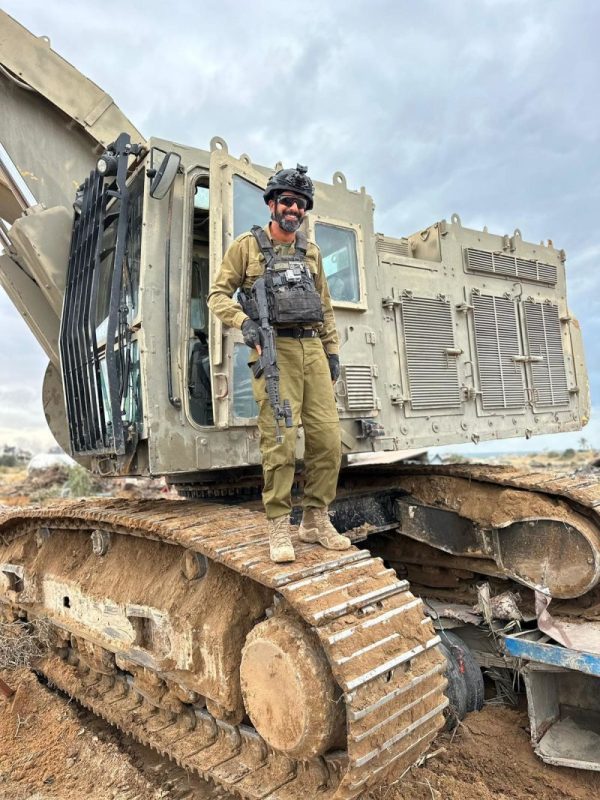Body:
There’s a saying, ‘War does not determine who’s right, only who’s left’. In the broader Israeli-Palestinian conflict, the platitude rings true, not only in the physical sense but also in the prolonged psychological after-effects. Israeli soldiers returning from war-ridden Gaza often face rational and irrational fears, guilt, grief, anger, and a myriad of other traumas. This piece explores the struggle of these soldiers grappling with post-traumatic stress disorder (PTSD), depression, and suicide risks, incited by their experiences.
It’s widely conceived that the courage and strength of these soldiers are unquestionable, their heroism beyond doubt, for they have survived the horrors that most of us can hardly imagine. But what we fail to understand is the silent war that’s being fought within these warriors, even after they’ve returned home. The traumas that haunt their minds are undeniable. Though they have escaped Gaza’s physical boundaries, the memories of war remain with them, embedded deeply within their psyche.
Often, the immediate aftermath of returning from duty doesn’t seem so disturbing, almost paradoxical, filled with the joy of completion, satisfaction of duty, and the thrill of survival. However, it is in the quiet aftermath that the mental health struggles begin to appear. As they try to return to civilian life, they are trapped in an invisible combat with their past. Sleep doesn’t come easy anymore. It’s like they may have gotten out of Gaza, but Gaza did not get out of them.
Research shows that veterans face a significant risk of PTSD due to their service. PTSD symptoms include flashbacks, nightmares, and severe emotional distress, leading to a disruption in their daily lifestyles. In some cases, it progresses to depression and gives way to suicide ideation. Israeli soldiers returning from the Gaza strip have consistently shown higher rates of PTSD, posing a major threat to their mental health.
The silence surrounding these issues exacerbates their suffering. The machismo associated with being a soldier often unwillingly forces them into silence. The guilt of surviving while their colleagues didn’t, the grief of having witnessed death and destruction at close quarters, and the anger of not being able to prevent it – all these feelings remain unspoken, untreated. In worst-case scenarios, the soldiers succumb to their mental struggles, considering suicide as their only escape route.
Many non-profit organizations and governmental agencies have recognized these issues and are working tirelessly to provide mental health support for these veterans. Treatment involves PTSD-specific therapies, such as cognitive-processing therapy (CPT) and eye movement desensitization and reprocessing (EMDR), along with traditional talk therapy.
These interventions are critical because their absence has the potential to not only damage the life of the affected soldier but also disrupt the overall dynamics of their families and communities. It’s essential to acknowledge that they need help, to break the silence, and to start the conversation about their mental health.
Moreover, there’s a sense of urgency to normalize seeking therapy for these heroes. It’s a necessary step to pave the way to healing. They should be encouraged to share their experiences, their feelings, and fears to understand that it’s okay not to feel okay all the time. Above all, they should be reminded that they are not alone in this fight and that there is help available around the corner.
To conclude, the physical war may be short-lived, but the mental war for these Israeli soldiers returning from Gaza is long and arduous. They need the reassurance that PTSD, depression, and suicidal behavior is not something to be ashamed of, but rather a condition to be confronted and treated. The struggle is indeed daunting, but recognition, empathy, and timely intervention can ensure that these brave hearts continue marching forward, not in despair, but in hope.




